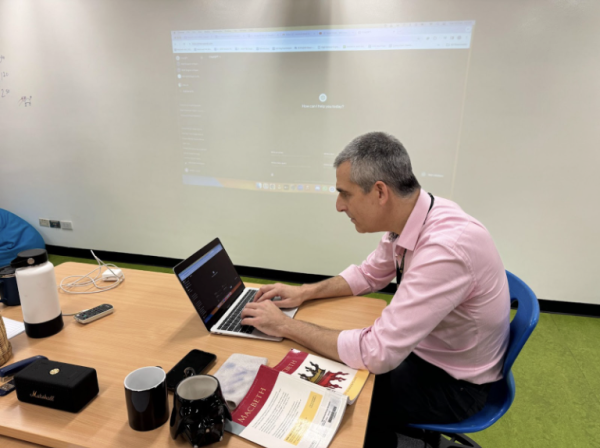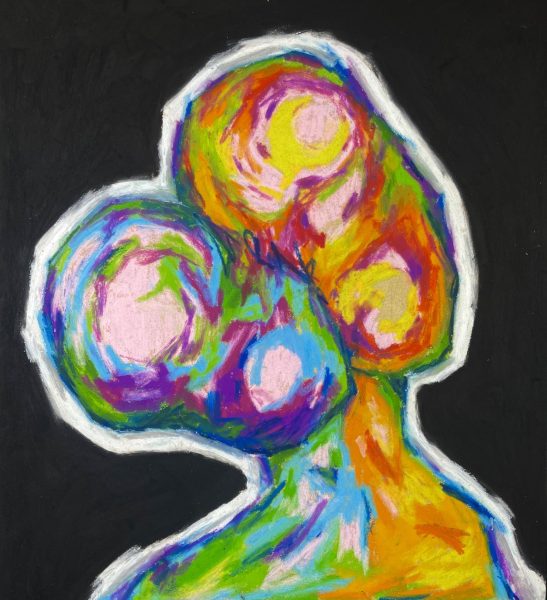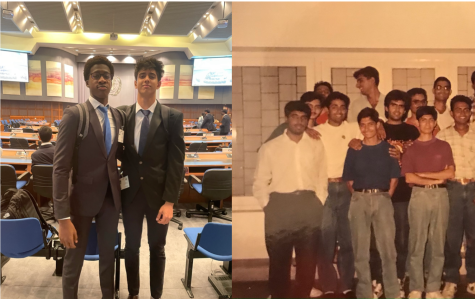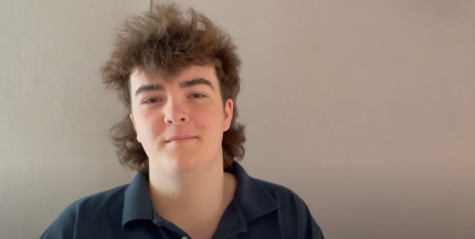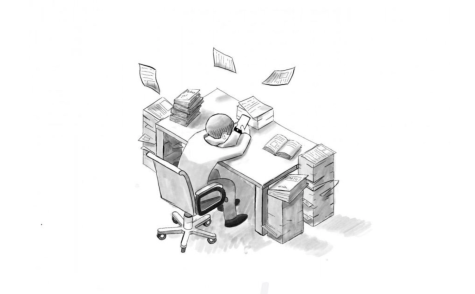The Point Past Perfection
A recent study has lead to an interesting statement called “overlearning.” The concept is that you have practiced a certain skill past the point of improvement, meaning that you keep on practicing even though you have already made no mistakes. This tactic was researched by Nature Neuroscience, as they proposed it “[altered] chemicals in the brain that [locks] in training.”
The study had two groups of participants memorise the orientation of simple lines, called Gabor patches. The first group stopped practicing after they could no longer improve, then took a break for half an hour. Followed by that they memorised another simple, similar exercise. Then they waited until the next day to take the same tests again. The results showed that they remembered the second experiment well, but practically forgot the first test.
However, the second group did the same routine, but kept on practicing the first exercise longer than the first group. The next day after they took the post-test, the results showed that they performed much better on the first test than the first group, but did not do so well on the second. The conclusion is that if you overlearn, you will do very well on the first task, but the second task you learn, you would learn it “less well.”
Graeme Scott, deputy head of school for learning, shared some enthralling opinions on this study. He says that, “when we stop practising one skill and move to another, the brain can often suffer from interference, believing the second skill to be part of the first.” He further elaborates that, “consequently, the ‘mastery’ that may have been achieved when practising the first skill may be diminished or muddled.”
Mr. Scott also mentions that the best subject to test this theory on is sports, for Lionel Messi has an accuracy rate when taking free kicks of 32.3% whereas most other top professionals have an accuracy rate of less than 20%.” He then states it is because “he already perfected or mastered his technique, then practised that technique more and more until the brain solidified the motor skills involved.”
Not overlearning results in higher amounts of glutamate-dominate excitatory, a chemical that makes your brain more proficient to learning, while overlearning decreases the amount. Instead of making your brain more adept, it stabilises the brain, which means it will “lock in” a skill to prevent it from being “overwritten.”
So if you need to remember a certain skill, overlearning is a tactic to try out. Just make sure to keep on practicing, even after you have perfected it. Practice it until it feels as simple and easy as breathing. That is what overlearning is.
Grace Yang


